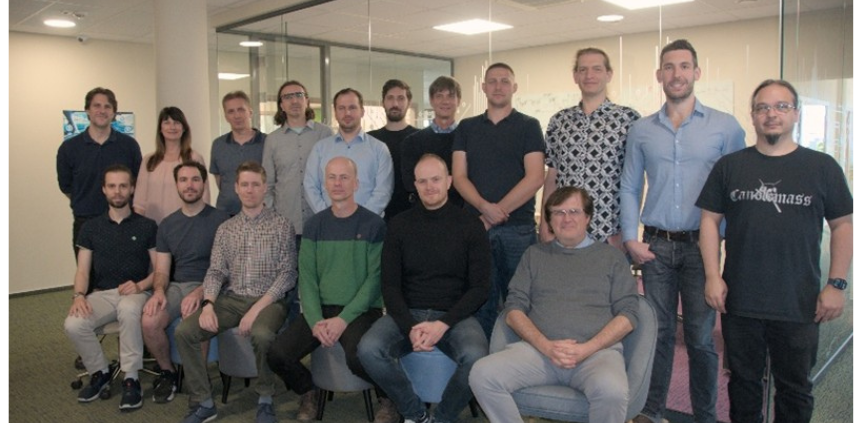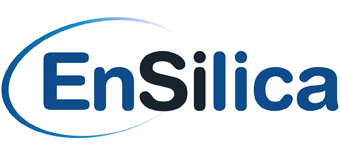Oxford, UK, November 13, 2025: EnSilica, a leading provider of mixed-signal ASICs (Application-Specific Integrated Circuits), has been awarded a £5 million ($6.6m USD) ‘Contract for Innovation’ by the UK Government’s Department for Science, Innovation and Technology (DSIT), following a competitive process.
Following on from the UK Government’s Digital Security by Design (DSbD) programme, this latest Government funding furthers its ambition to commercialise the availability of Capability Hardware Enhanced RISC Instructions (CHERI), which represents a transformative hardware security architecture designed to mitigate memory safety vulnerabilities, one of the most significant sources of modern cyberattacks.
EnSilica’s commercial-off-the-shelf (COTS) CHERI-compliant secure processor chip, developed under the contract, will target next-generation quantum-resilient applications requiring the highest levels of security and functional safety, with relevance across defence, industrial, automotive and aerospace markets. The device will feature a rich set of interfaces tailored for high-integrity industrial and automotive applications, supporting secure connectivity, advanced sensor integration and robust real-time control. It will be developed in line with ISO/SAE 21434 for automotive cybersecurity and ISO 26262 for functional safety, while also meeting the equivalent cybersecurity and functional safety requirements for industrial markets.
This programme sits within a wider UK Government initiative to accelerate the commercialisation of advanced hardware security technologies, supported by up to £21 million of national investment. It reflects increasing emphasis on bringing robust, security-focused silicon to market at scale.
EnSilica has a strong track record of developing and shipping high-integrity automotive and industrial devices, including ISO 26262 ASIL-D qualified chips now in production with more than ten million units shipped, and has delivered advanced industrial controllers for leading global OEMs, including the industrial programme announced for Siemens earlier this year.
The UK Government has identified CHERI as central to strengthening the security of future computing systems, and its continued funding aims to accelerate the development and adoption of secure CHERI-enabled chips with commercial relevance in critical national infrastructure use cases. This innovation aligns with the UK Government’s broader semiconductor strategy, supporting national resilience in cybersecurity and contributing to the growth of the UK’s semiconductor ecosystem.
The COTS chip will also include EnSilica’s latest Post Quantum Cryptography (PQC) accelerator IP, making the chip resilient to attacks from quantum computers; a new class of computing system that exploits the principles of quantum mechanics, enabling them to solve certain complex problems, such as cryptographic problems, exponentially faster than today’s processors.
Security analysts have raised quantum computers as an emerging security risk with parties capturing encrypted data, with the intention of decrypting it in the future when high-performance quantum computers become more available, a tactic known as ‘harvest now, decrypt later’. The deployment of PQC is therefore essential to future-proof secure processors and communications systems.
The PQC market is forecast1 to grow from $310m in 2024 to $9.4bn by 2033 representing a 45% CAGR and driven by regulation and long-lifecycle systems needing future-proof security.
EnSilica’s PQC IP enables the development of quantum-resilient secure semiconductors across its core markets of automotive, industrial and satellite communications, ensuring compliance with current and emerging cybersecurity standards. Ownership of this IP provides the company with the ability to deliver deep customisations, auditability and reuse across multiple ASIC programmes, thereby reducing development cost and strengthening EnSilica’s competitiveness.
The company has licensed its PQC IP and its other cryptographic IP to one of the world’s leading semiconductor networking companies, providing external validation of the quality of EnSilica’s IP and demonstrating growing market demand for quantum-resilient semiconductors.
Prof. John Goodacre, Director of Secure and Resilience Growth at Innovate UK, commented: “EnSilica’s project exemplifies the type of cutting-edge silicon development that positions the UK at the forefront of global hardware security innovation. By supporting the integration of CHERI technology into a mainstream and generally available device, this project will lead to the eradication of significant cyber threats against our critical infrastructures and the increased safety and resilience of commercial products.”
Ian Lankshear, Chief Executive Officer of EnSilica, added: “As a leading silicon chip maker, we are delighted to have our secure processor chip chosen by the UK Government for this Contract for Innovation. This will expand our products by offering a CHERI-enabled secure processor chip as a commercial off-the-shelf product, not only putting CHERI-enabled devices into the hands of product developers and strengthening their security capabilities but also contributing to a more robust and resilient UK technology supply chain.”











